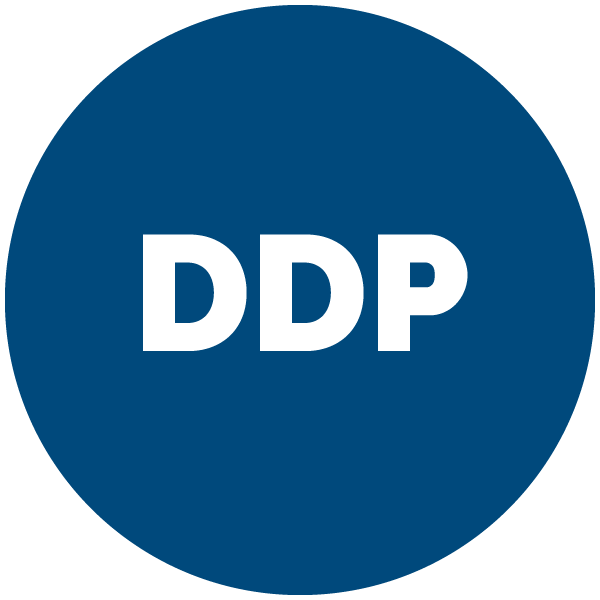What are Incoterms
The term INCOTERMS is an abbreviation for International Commerce Terms. Created in 1936 by the International Chamber of Commerce (ICC), these terms consist of three-digit acronyms that indicate the delivery point of goods and the responsibilities of each party involved in transportation costs, as well as tax and other information. They are present throughout the logistics sector and apply to the declared prices of goods of any kind, especially bulk goods. Check out the most commonly used INCOTERMS, their applications and their rules below!
* With the difference that the DAT determined “delivery” exclusively at cargo terminals, while the DPU could be used at terminals or any other specific location (example: the buyer’s warehouse).
** Due to the fact that the foreign seller does not have the legal conditions to arrange clearance for the goods to enter the country, this term cannot be used in Brazilian imports, and the DPU or DAP should be chosen in the case of preference by condition.












